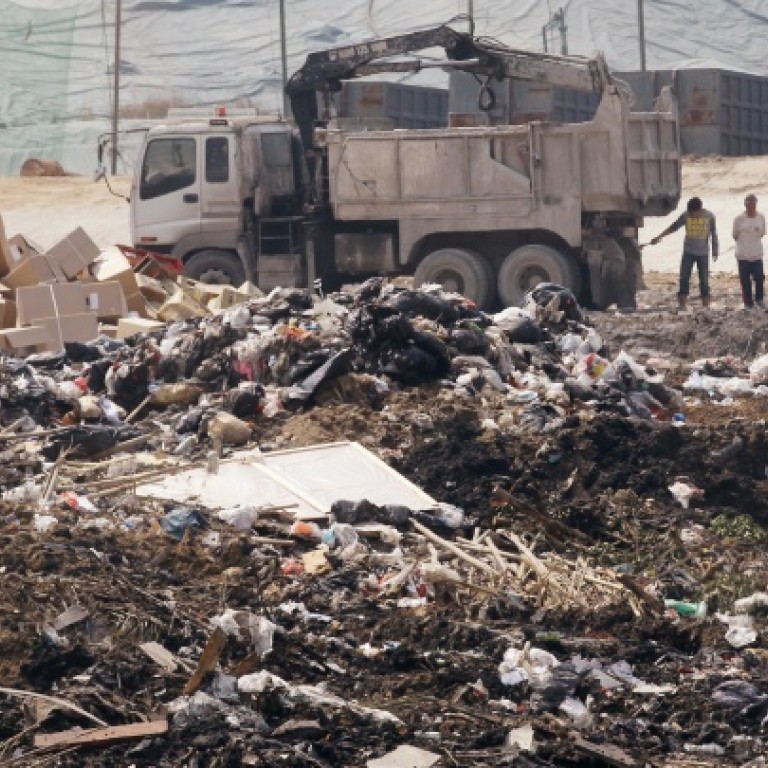
HSBC customer dismayed by tax treatment of Swiss dividends
We are saddened to bring to your attention another case of an unhappy HSBC customer. This tale is set against the background of the double tax treaty between Switzerland and Hong Kong that came into force on January 1. Based on that treaty, Switzerland is entitled to withhold a final tax of 10 per cent reduced from 35 per cent, on dividends paid to beneficial owners of Swiss companies.
Our reader writes that he recently received a dividend from a Swiss company via his custodian bank HSBC. Shocked at the size of the tax, he queried it with HSBC since he was aware of the tax treaty and inquired as to what recourse he had. He says HSBC, however, seemed to be unaware of the treaty.
Some two weeks after his initial inquiry he was told that as the dividends were paid by the company to HSBC's custodian bank in London, the bank had no way of knowing the jurisdiction of our reader's account and had withheld all of the tax. For a bank that transfers large amounts of money to and from accounts every day this seemed an absurd response.
However, following 's inquiries HSBC's response level accelerated somewhat. Somebody else from the bank contacted him and advised that all he needed to do was to submit a tax reclaim form.
In 's discussions with a senior media relations manager, it emerged that our reader had erred, according to the bank, in discussing his problems with someone from sales rather than somebody who dealt with custodian matters. She told us that HSBC had sent the necessary forms to our reader, noting: "Apparently ... [he] is satisfied with our arrangement."
Well, he may be now; he certainly wasn't earlier. Since he pays for the bank's custodian services you would have thought HSBC could at least have alerted him to the tax treaty and the need to apply for a refund. But that service probably requires an extra fee. Readers should check the amount of tax that is being withheld on their Swiss shares if you use HSBC as a custodian.
Could Oslo rescue Hong Kong from its waste mess at least as a short-term measure? One of the intriguing features of Oslo, Norway's capital, is that it imports rubbish from all over Europe, including Ireland, parts of Britain and neighbouring Sweden. Oslo, along with other places in northern Europe, incinerates waste to provide heating and electricity. Northern Europe produces about 150 million tonnes of waste a year but has an incineration capacity of about 700 million tonnes. There is now a shortage of rubbish for fuelling incinerators in the region.
James Middleton, chairman of Clear the Air, has written to Cyd Ho Sau-lan, who chairs the Legislative Council's environmental affairs panel, suggesting that Hong Kong either gives or sells our waste to Norway as a temporary measure while the city sorts out its future waste policies. This would take pressure off the landfills and provide more time to consider, or reconsider, the controversial Shek Kwu Chau incinerator project. The government received a setback recently when plans to expand the city's three landfills were rejected by Legco. Also, the Shek Kwu Chau incinerator is in limbo at present, even though it is included in the government's waste management blueprint. It was refused government funding last year and is awaiting the outcome of a judicial review. This legal process is likely to drag on for some time since the outcome of the review is likely to be appealed by the losing side.
Our piece on David Roberts' decision to step down as chief executive of Aedas, the Hong Kong and British-owned international architecture practice, has attracted some attention. No more so than from Aedas, which asked us to point out that Roberts' replacement is Andrew, not David, Bromberg, as we said last week.

